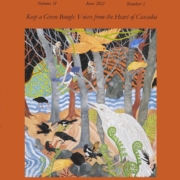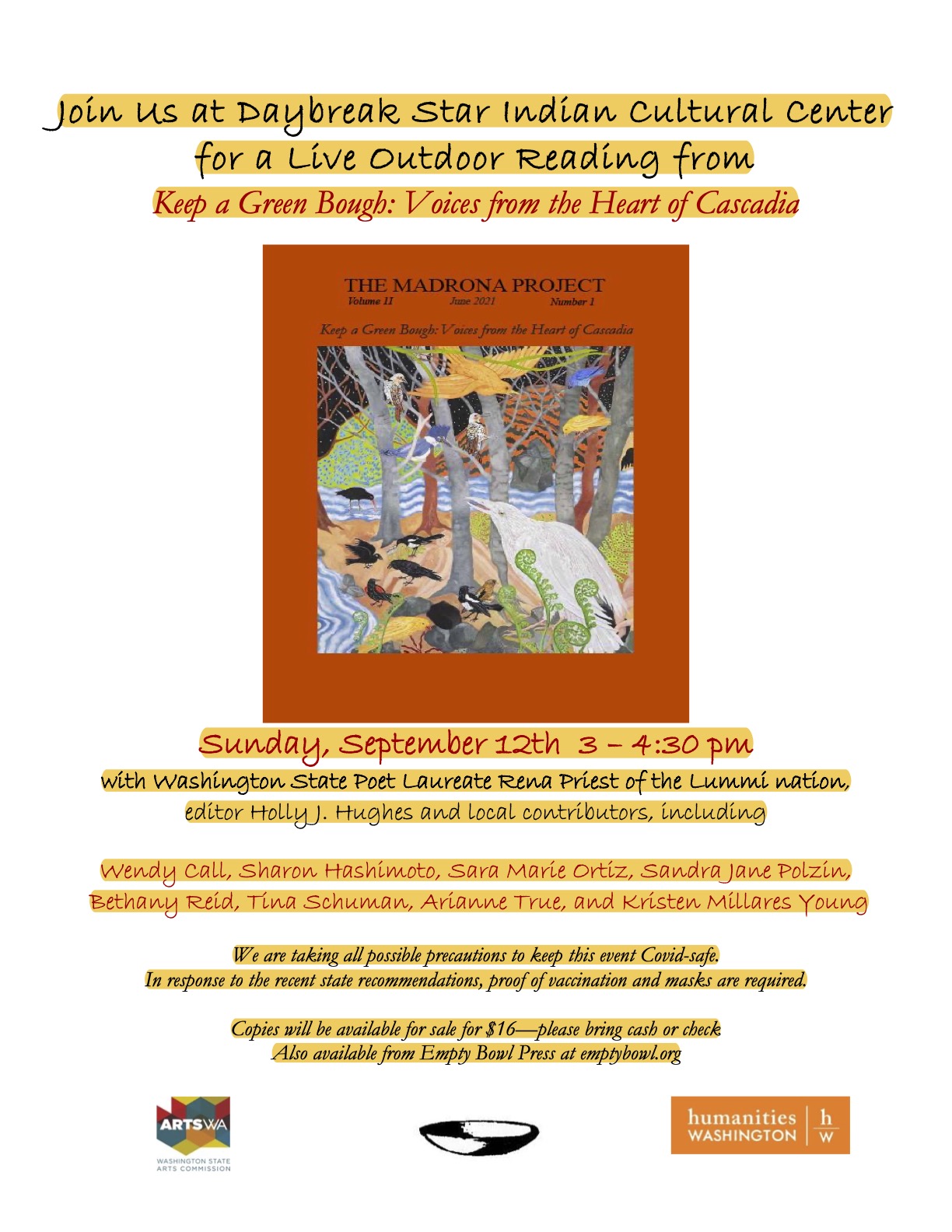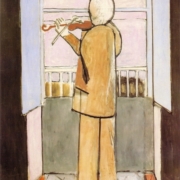The #SealeyChallenge
/1 Comment/in Poetry /by BethanyHere it is, the last day of August, and already it feels like fall. Leaves are changing color, the air is cool, and this morning a light mist accompanied me on my walk. It’s a perfect day for curling up with a book of poems.
Lucky me, I’m a long-time follower of Kathleen Kirk’s blog: Wait! I have a Blog?! and all through August she’s been doing the #sealeychallenge and reading a book of poetry a day, then sharing her thoughts with us. (See this link for a LitHub introduction to The Sealey Challenge.) So I enjoyed glimpses of lots of poets and books of poetry, ordered a few new ones, and sighed with pleasure to see some old favorites.
You can catch Kathleen’s final post here: https://kathleenkirkpoetry.blogspot.com/2021/08/and-there-is-many-good-thing.html and scroll back through to read all the reviews.
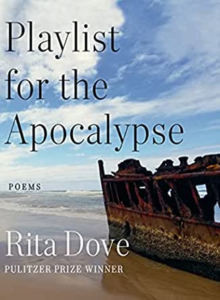
But (Wait!), what’s our assignment for the week? Maybe take a quick squint at Kathleen’s August 14 review of Priscilla Long’s Holy Magic. I’m noticing this excerpt from “Indigo & Violet”:
Indigo’s deep, black before dawn.
Violet’s an evening song.
Indigo’s ex is silver,
Violet’s–obsidian.
–and it makes me think of my great-aunts whose names were Rose and Violet and Opal. Come to think of it, there was also a Pearl and a March, the latter being not a color but provocative in its own way. (And a provocative woman, too.) What if you introduced us to a color as if it were a person? Who would that person be? How would they behave?
The Freshwater Review
/0 Comments/in Poetry /by BethanyHere’s your poetry assignment for this week, but it’s also my shameless plug for the freshwater review, v. 24, in which my poem “Considering a Photograph of a Piano Abandoned in a Field” appears. The review is student run and operates out of Duluth, MN (The College of St. Scholastica).
I’m pleased to be part of this eclectic mix of prose and poetry, and our poetry assignment this week is drawn from its pages.
Your assignment is to 1) collect a series of images (I’ll be using postcards), and then 2) write an email to someone—alive or dead, known or unknown (you don’t have to send it)—preferably about a topic you find it difficult to talk about, and then, 3) to use the images from step #1 to rearrange the email into a series of … well, poetic images.
I can almost guarantee that isn’t what Daye Phillips did while writing her poem, but take a look and see if it can’t be reverse-engineered to fit:
Husks
The wind roared against the farmhouse all night,
all day, west to east, great, howling dire-wolf
at the door who never ran out of breath,that scoured the harvested corn field clean
of dry husks, sent them winging through the air
like a migrating flock that came to restacross the grass—east pasture, barn lot. Husks
the shape of mourning doves, wings folded close,
shape of Dürer’s “Praying Hands,” pen-and-ink,hands emptied of everything but need.
—Daye Phillippo
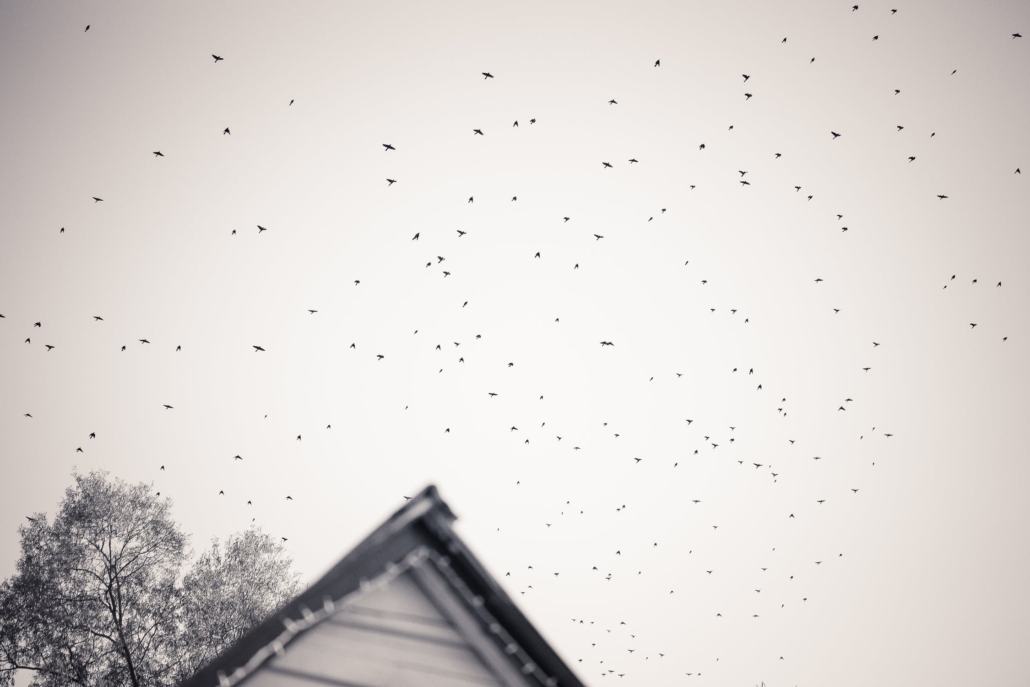
Photo by Michael Morse from Pexels
featured photo is by David Selbert from Pexels
Writing a Postcard
/8 Comments/in Poetry, Reading, Writing /by BethanyI’ve been in a funk this summer, and feeling, frankly, as though all this writing is pointless. Aren’t there already enough books in the world? Despite good friends, despite a class in which I was assigned to write one metaphor per day. (Which can also be similes, “This weird funk, purple like Puget Sound at dusk,” or brilliant word substitutions: “A blue funk washed over me.”) Despite walks. Despite baking many loaves of sourdough bread.
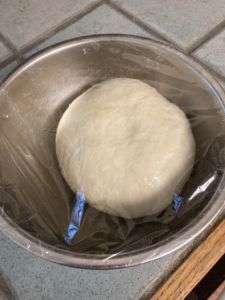 But it is August, and that means POPO, or POetry POstcard Fest. I don’t always sign up for August, as I participate in my friend Carla’s February postcards event each year. But this year, August postcards feels like a good idea. Somewhere I have a quote written down, about letting go of expectations and big-picture goals and doing just the one next right thing. The metaphors can be that next right thing; the postcards can be that next right thing.
But it is August, and that means POPO, or POetry POstcard Fest. I don’t always sign up for August, as I participate in my friend Carla’s February postcards event each year. But this year, August postcards feels like a good idea. Somewhere I have a quote written down, about letting go of expectations and big-picture goals and doing just the one next right thing. The metaphors can be that next right thing; the postcards can be that next right thing.
Carla’s postcard month is about peace — the idea being that if you want more of something in your world, then you can begin by putting more of it into your world. I like the idea of writing all month on a theme, and in February I wrote about peace, but also about my marriage and gratitude. (The original had the word peace embedded in it somewhere.)
Violinist at the Window
—Henri Matisse, 1918
Shades of ochre and orange
make me think of the grapefruit
my husband bought yesterday
at the market, and of the grapefruit spoon,
a Valentine’s Day gift,
used this morning at breakfast.
The song Matisse’s violinist plays
is Chopin, a prelude, or maybe a nocturne,
and those make me think, too,
of my husband. Notes lifting
from the violin, both sweet and tart.–Bethany Reid
This morning, in my attempts to distract myself, I drifted over to a couple favorite blogs: one being Rita’s Notebook, the other,  photographer Loren Webster’s In a Dark Time… After reading other people’s words, I can tell myself, “See, someone is reading. It does matter.” You don’t have to be Stephen King or James Patterson to have readers.
photographer Loren Webster’s In a Dark Time… After reading other people’s words, I can tell myself, “See, someone is reading. It does matter.” You don’t have to be Stephen King or James Patterson to have readers.
Then I visited my old blog, One Bad Poem, and reread posts from around the time of my father’s death. I had a houseful of teenagers! And I was teaching! And I kept writing! Gratitude was splashing all over me. So many farm pictures, so many stories and scraps of poems…
When you write a poem on a postcard and mail it, you know that you have at least one reader.
So this August, in addition to wanting a little more kindness and generosity toward my own writing life (from me, I mean), I’m asking myself, what else do you want more of in the world, Bethany? That’s what I’ll be writing about. And so here I am, writing it down again, and feeling grateful for you, reading these words (grateful for comments and emails, too).
Next, another loaf of sourdough bread.

